

.jpg)
At a private gathering with religious leaders, the president encouraged them to promote French-style 'laicité' and spoke about hot issues like his plans on euthanasia and the State's dialogue with Muslims.
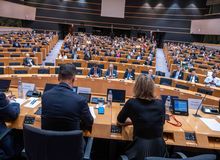
A panel discussion at the EU Parliament analyses the challenges of religious freedom in Europe. The European Prayer Breakfast was held before with around 450 guests.
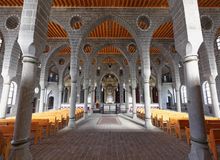
More and more young Turks are asking themselves who they really are. And quite a few are discovering their Christian and non-Turkish roots.

A recent study highlights the rise of atheism among young women. Among those under 30, women are now more likely than men to be atheists, which is exceptional.
.jpg)
While evangelical and Muslim places of worship grew significantly, the rest of the confessions remained the same or fell in number compared to 2023.

For Lebanese followers of Christ, the call to peacemaking is not just a moral ideal and an expression of our love for God, but also a necessity for the survival of a diverse nation.
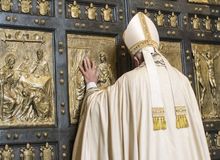
Next year will certainly be a holy year of religious tradition, but it cannot be called a jubilee in the biblical sense.
.jpg)
About 6% of Christians leave their country of birth, according to Pew Research. The United States, Germany, Russia and the United Kingdom are the countries to which most Christians emigrate.

In five years, the percentage of Catholics has fallen from 67% to 54%, while atheists, agnostics and indifferent people have risen from 27% to 41%. Believers in other religions are at over 3%.

In Estonia, the Czech Republic, Denmark, Switzerland, the United Kingdom, Sweden, Latvia and Finland, just 10% or fewer adults say religion is a priority for them.
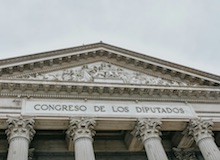
“Spiritual beliefs and feelings cannot be disregarded as irrelevant”, says the Spanish Evangelical Alliance in a document on the government's new Democratic Regeneration Plan.
.jpg)
An official study shows that 83% of those aged 16-24 in northeast Spain are in favour of having a subject on general knowledge of religion at school and university.

We are “users” of the Christian faith and can therefore recommend the Gospel to the people who have come to trust us as they see us living as Christians in a visible and tangible way.
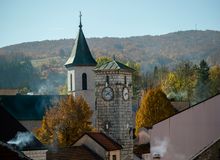
The Balkan Christians must navigate the complex dynamics of nationalism while preserving the Gospel's inclusive and transforming message.
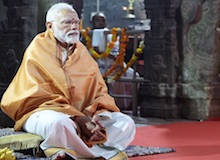
The coalition led by prime minister Narendra Modi still has a majority but failed in its expectations after losing 67 seats. “For many Christians, the loss brings a sense of relief”.

As interfaith apologists, we are not selling ourselves or our views but pointing to a gift that we have received.
.jpg)
The Church of Scotland falls from 32% to 20% in only one decade. Roman Catholics represent 13% while “other Christians” remain at 5%.

Cuban revolutionary totalitarianism proposes substitutes for God, the Messiah, faith, ideology and rituals.
.jpg)
The South Korean-born Shincheonji group has been active in Switzerland since 2016. Experts warn that they target people aged between 18 and 25 and try to isolate them by a total commitment to their activities.

You need someone who won't try to fool you, but examines your heart: you need God.
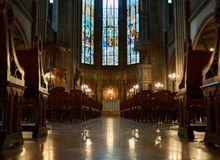
Official data show that the number of non-religious people has increased by over 13% since 2010.
.jpg)
Youth attending a worship place regularly are expected to have an average fertility rate of 2.1, much higher than the average for any European country.
.jpg)
The World Evangelical Alliance co-authors an insight report published at the 2024 Davos gathering. “Evangelicals understand deeply that ethically driven business can, and in fact does, contribute much good to society”.
.jpg)
How urgent the problems in our world and how old-fashioned the proposed solutions at the World Economic Forum in Davos. Loss of trust and loss of faith may go hand in hand.
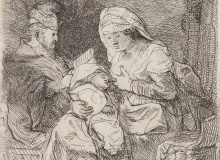
In a Europe that has widely turned its back on the story that, far more than any other, has shaped its culture and civilisation, Christmas remains a paradox.

Las opiniones vertidas por nuestros colaboradores se realizan a nivel personal, pudiendo coincidir o no con la postura de la dirección de Protestante Digital.